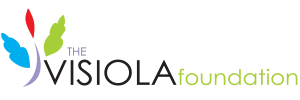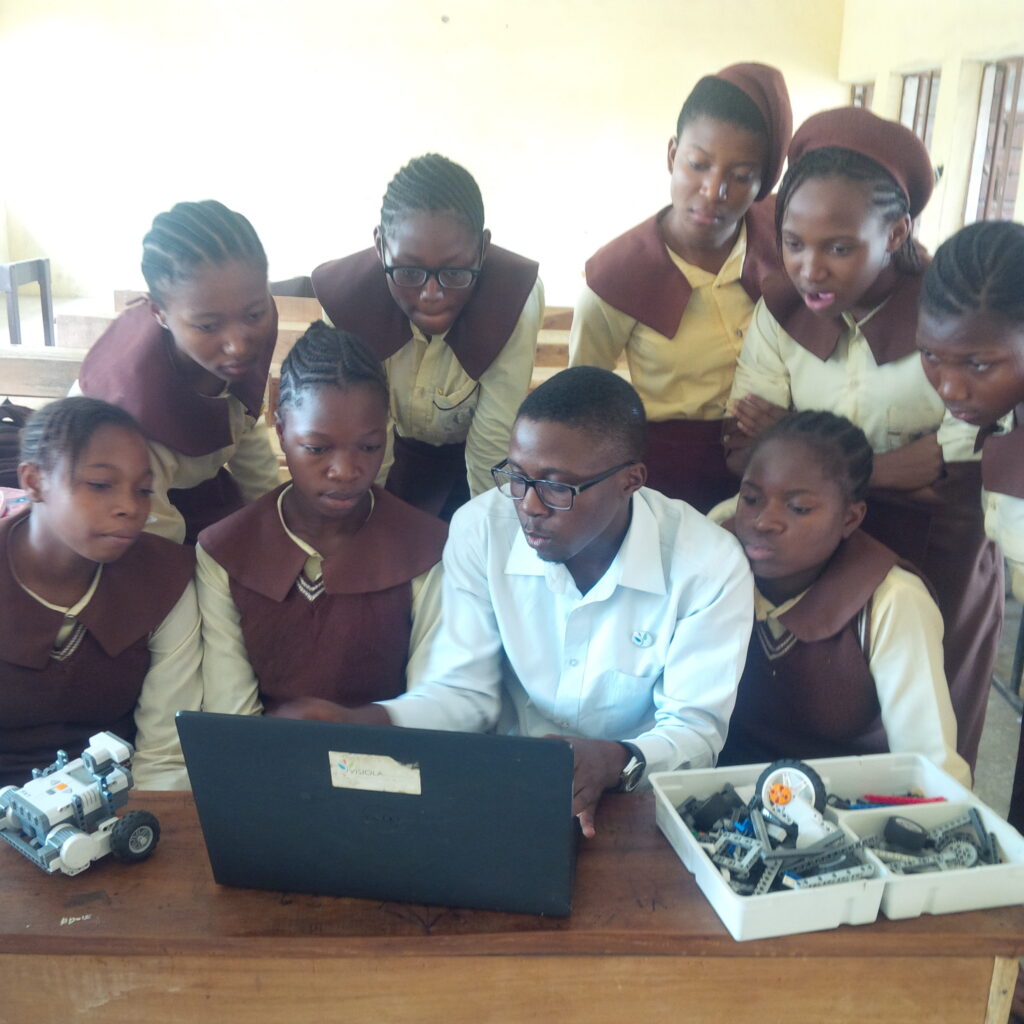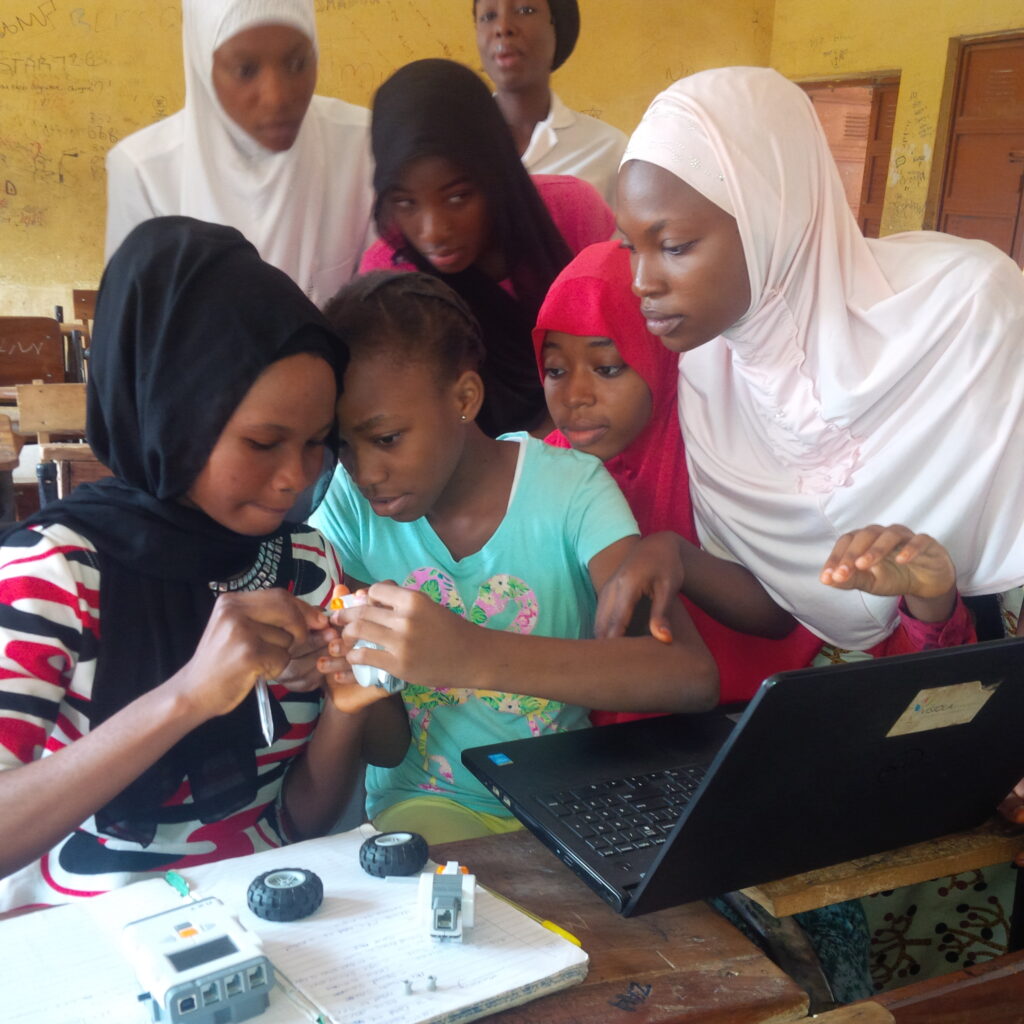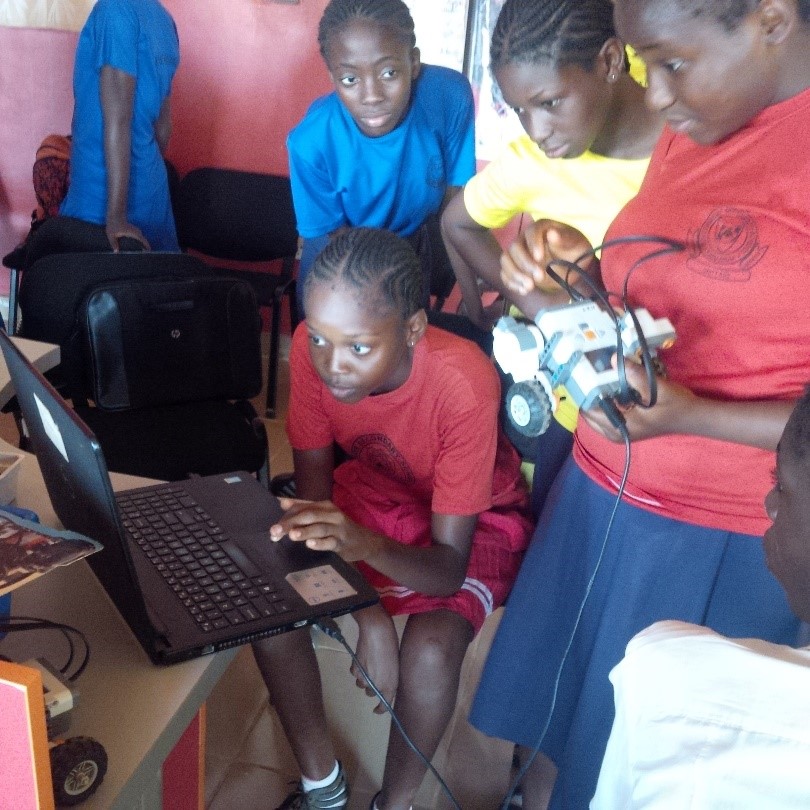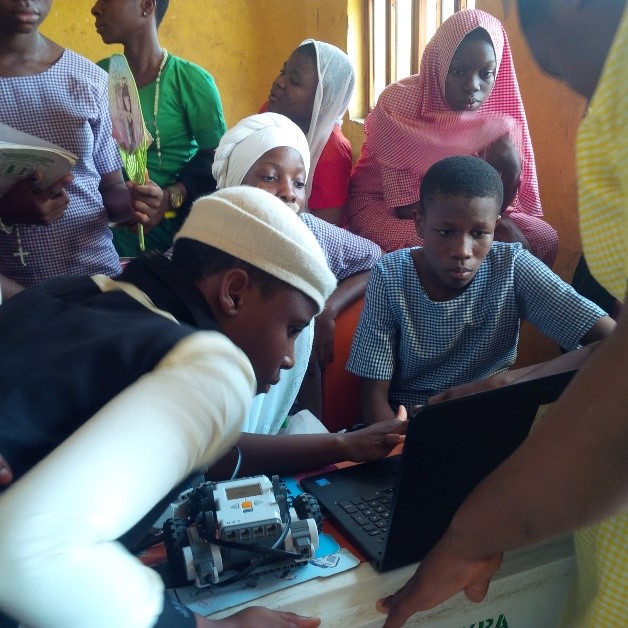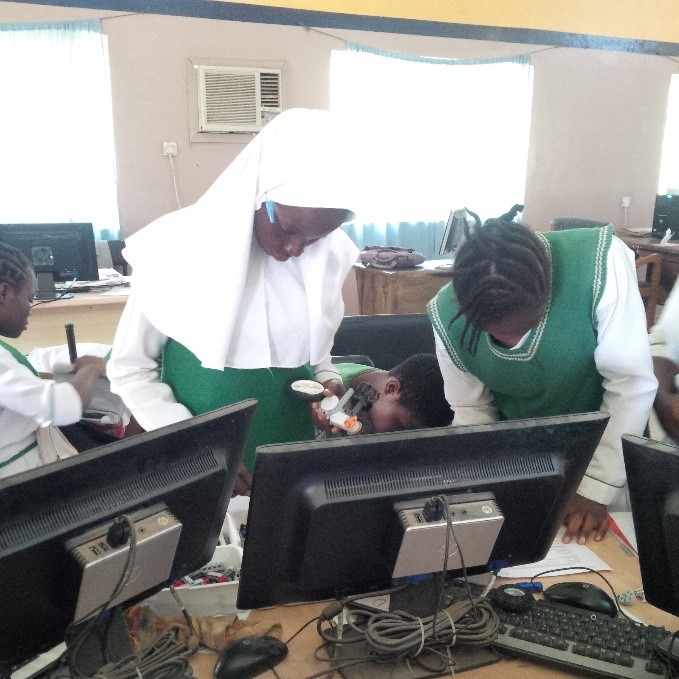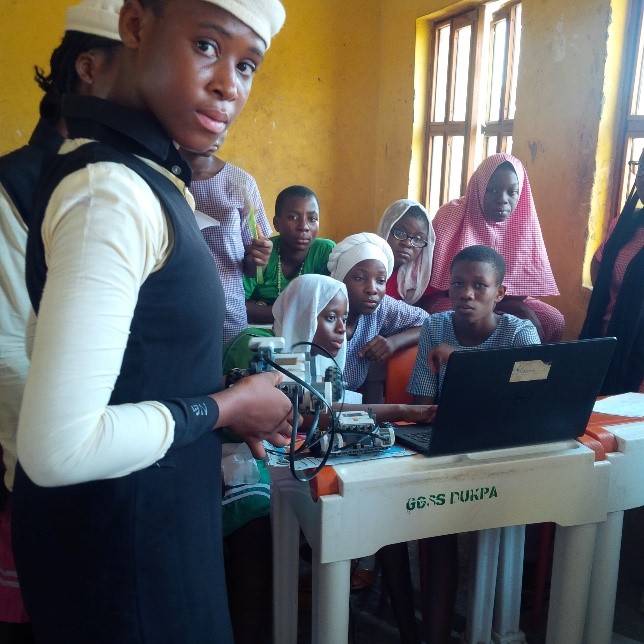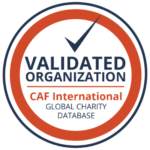the visiola foundation e-newsletter
Issue Q1, 2017
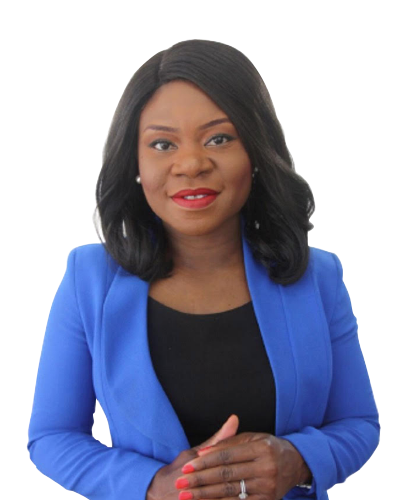
Ladé Araba
Founder and President of the Visiola Foundation
Founders' Corner
Each year, 10 – 12 million young people enter sub-Saharan Africa’s labor market, but many are unable to find meaningful, secure employment that pays a living wage. At the same time, there is a paradox of jobs being available without the requisite talent required to fill those positions. For instance, in 2015, South Africa reported the availability of 800,000 high-skills (and high income) jobs that have not been filled, despite the presence of 600,000 unemployed graduates.
The youth unemployment challenge in Africa is a ticking time bomb that, left unchecked, could lead to further social and political tension. Programs such as the Skills Initiative for Africa, developed by the African Union are therefore timely and should be systematically replicated to ensure that Africa’s youth possess the right competencies to make them employable. In this regard, building their technical expertise and exposing them to opportunities that cut across diverse industries is urgently important. In building their capacity, it is critical to link such training programs to the needs of industry in order to close the large skills gap. The starting point should therefore be to identify the requirements of the market, which are clearly identified by the signals it sends. For instance, if companies are hiring software developers from India and engineers from China, it indicates a shortage of those skills locally. Therefore, any investment in local capacity building should focus on developing expertise in those areas as a means to mop up the large numbers of unemployed youth.
We continue to believe in the importance of boosting Africa’s capacity in the science, technology, engineering, and math (STEM) fields. We further deem it important to crowd-in female talent to enable the continent to truly maximize its potential. Through our programs, we ensure that students in underserved communities embrace technology, and are exposed to the new knowledge that is shaping our world and driving the fourth industrial revolution. We seek to fill the gaps in the public educational system; where the majority of students receive their foundation.
We commenced the year with a bang! We held our inaugural STEM Camp for Girls in Accra, and drew students from across the greater Accra region, all the way to Tema. We further introduced young women in Abuja to computer programming, and extended our after-school STEM Clubs for girls to work with 14 junior and senior Government Secondary Schools in the Federal Capital Territory.
Take a walk with us as we review our activities during the first quarter of 2017.
Happy reading!
Ladé
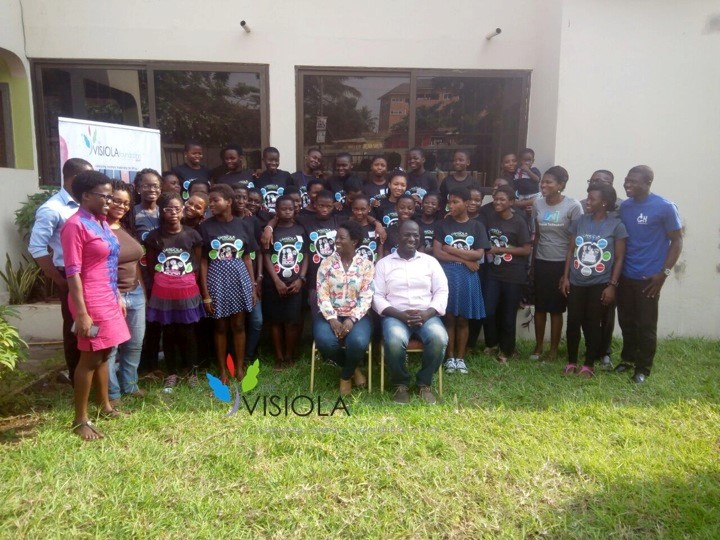
STEM Weekend Camp in Accra
Accra Weekend STEM Camp for Girls
The Visiola Foundation ran its inaugural Weekend STEM Camp in Accra, Ghana on January 27 – January 29, 2017 at Mobile Web Ghana. 30 female students from the greater Accra region and Tema were exposed to computer science, electronics, and robotics. Participants completed projects covering electronics concepts, engineering, robotics and computer programming. The Robotics team emerged the winner in the final group competition that saw students: (i) design and build a robot vehicle with a caster that allows it to run best on smooth and flat surfaces. (ii) program the robot to navigate a congested environment without knocking any block over.
The girls were also mentored by Ms. Lucy Quist (CEO, Airtel), Ms. Farida Bedwei (CTO, Logiciel) and Mr. Carl Manlan (COO, Ecobank Foundation) and were coached to believe in themselves and be better public speakers. The aim of the program was to pique the interest of girls in the STEM fields, build their confidence in pursuing STEM degrees, and provide an experiential learning experience to enhance their understanding and thereby facilitate their long-term success. Here’s what some of the participants had to say.
“I have always loved electronics and this camp allowed me to learn more and to build some. It was very interesting.” – Mavis
“I learnt to be confident in myself and to never give up.” – Sandra
“We were taught electronics in school but it was not clear. Coming to this camp has improved my understanding.” – Juliana
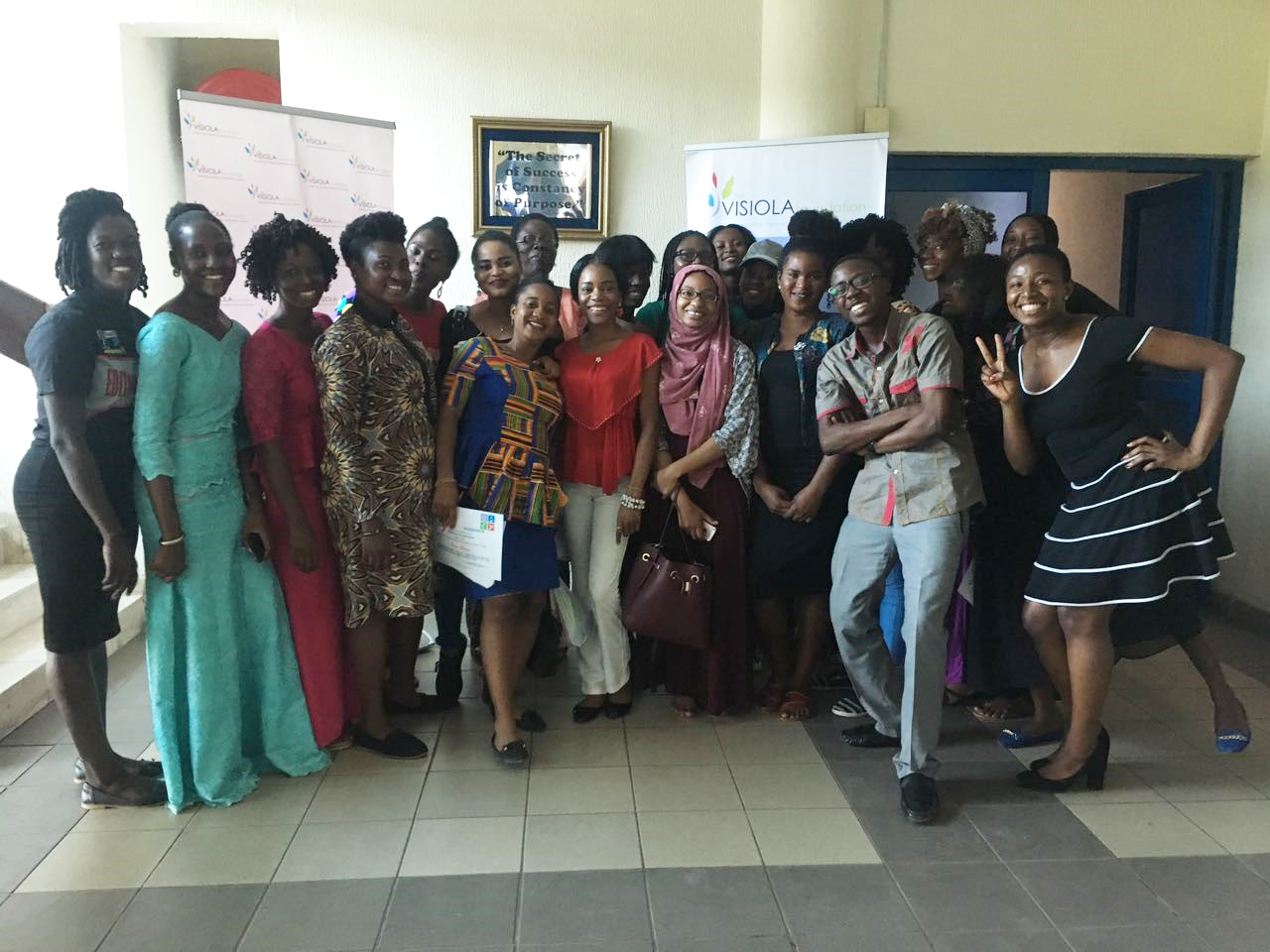
Camp Participants at the Coding Workshop
ABUJA CODING WORKSHOP FOR GIRLS
The Visiola Foundation’s Programming for Beginners Workshop took place at the Digital Bridge Institute in Abuja on March 31st to April 2nd. It was designed as a three-day coding workshop geared towards empowering young women by teaching them to understand the technology shaping our world. Its primary objective was to introduce them to web development, enabling them to build their own websites, as a first step towards them becoming career programmers and technology entrepreneurs. During the workshop, participants also learnt how to code in Python.
The workshop included a panel discussion about Cyber Security and the result of ineffective digital security, Artificial Intelligence, Robotics and Web design. Panelists included experienced software developers who shared their insights and provided useful career advice to the participants.
The purpose of these workshops is to encourage more women to pursue technical careers by empowering them with vital knowledge to facilitate their success. 25 young women between the ages of 17 and 30 undertook the intense training. Here’s what they had to say.
“The hands-on learning enabled me to learn things for myself.” – Bosede
“I will definitely recommend this camp to friends because it is very impactful.” – Brenda
“This is a platform where women can learn and know their worth in the tech field. It is time for women to know that they have an impact in tech.” – Margaret
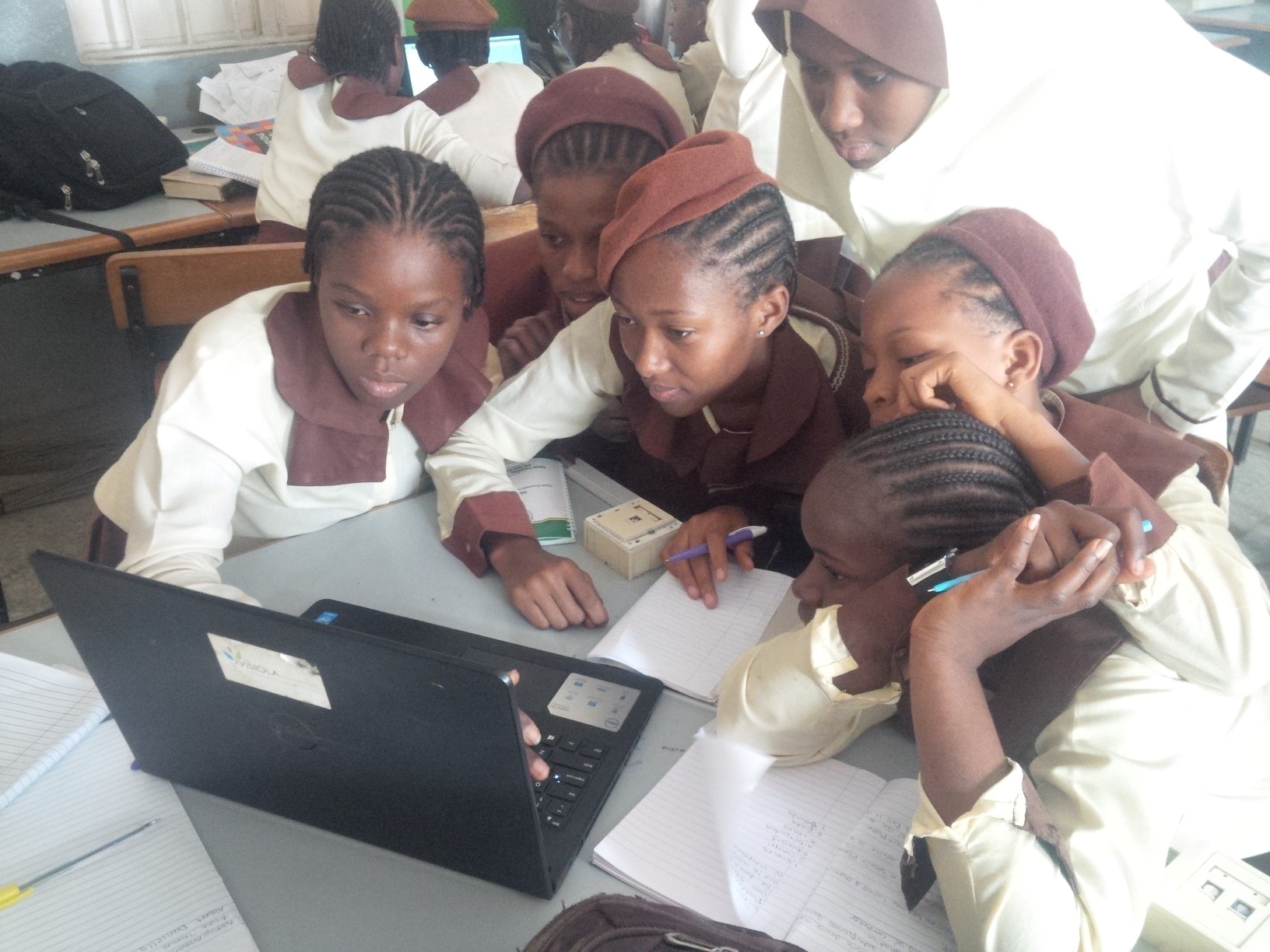
Students in action
AFTER-SCHOOL STEM CLUBS FOR GIRLS IN 14 GOVERNMENT SECONDARY SCHOOLS
The Visiola Foundation has officially partnered with the Federal Capital Territory (FCT) Secondary Education Board to run its high quality After-School STEM Clubs for Girls (ASCG) at 14 junior and senior Government Secondary Schools in the FCT. The Foundation’s ASCG currently works with over 400 girls aged 11 – 17. The ASCG are customized around the core foundational literacies, competencies, and character qualities required for success in the 21st century. The content of the program is designed to complement the school’s academic instruction, with emphasis on Math, English, Technology, and Science.
Out-of-school STEM programs that specifically target girls have proved successful in a number of countries worldwide. By combining formal and informal instruction with challenging activities, these programs often lead to a stronger understanding of STEM concepts, improved academic performance, and a higher interest in pursuing careers in the STEM fields.
The Visiola Foundation’s After-School STEM Clubs For Girls, implemented through our novel 360° Developmental Learning Model aims to produce the following outcomes:
- Improved attitudes toward the STEM fields and careers, while tackling inhibiting gender stereotypes.
- Increased STEM knowledge and skills, evidenced by improved academic performance.
- Increased confidence in studying STEM subjects.
- Increased number of young women graduating from university with STEM degrees.
- Increased number of women leading successful careers in the STEM fields.
- Increased number of female innovators tackling important challenges to improve socio-economic development in Nigeria and Africa.
did you know
There are 31 million girls of primary school age who are out of school in developing countries. Of these, 17 million are not expected to ever enroll.
52% of the out of school adolescents are girls.
While girls are less likely to be in school, boys are more likely to repeat grades or drop out altogether.

Illiteracy is highest amongst females. In more than 20 developing countries, illiteracy rates amongst women exceeds 70%.
In most developing countries, public school is not free. The cost of books, uniforms and teacher’s salaries are borne by the students’ families.
By applying an education sector plan with affirmative action towards girls, Ethiopia went from a girl’s enrollment rate in primary education of 40% in 1999 to 90% in 2008.
Wenn women and girls receive an income, they re-invest 90% of it in their families, as opposed to 30-40% for men.

More than 226 million children do not attend secondary school in developing countries.
If a girl had secondary education in Sub-Saharan Africa and South-West Asia, child mortality would fall by 64%, from almost 2,9 million to just over 1 million.
Each additional year of schooling by mothers helps reduce child mortality rates by 2%.
Almost a quarter of young women aged 15-24 today (116 million) in developing countries have never completed primary school and therefore lack the required skills to access well-paying jobs.
In Sub-Saharan Africa, women with no education have 6.7 births on avaerage. The figure falls to 5.8 for those with primary education and more then halves, to 3.9, for those with secondary education.
Source: Academic Exchange (2014); UNICEF (2012); UNESCO (2013)
